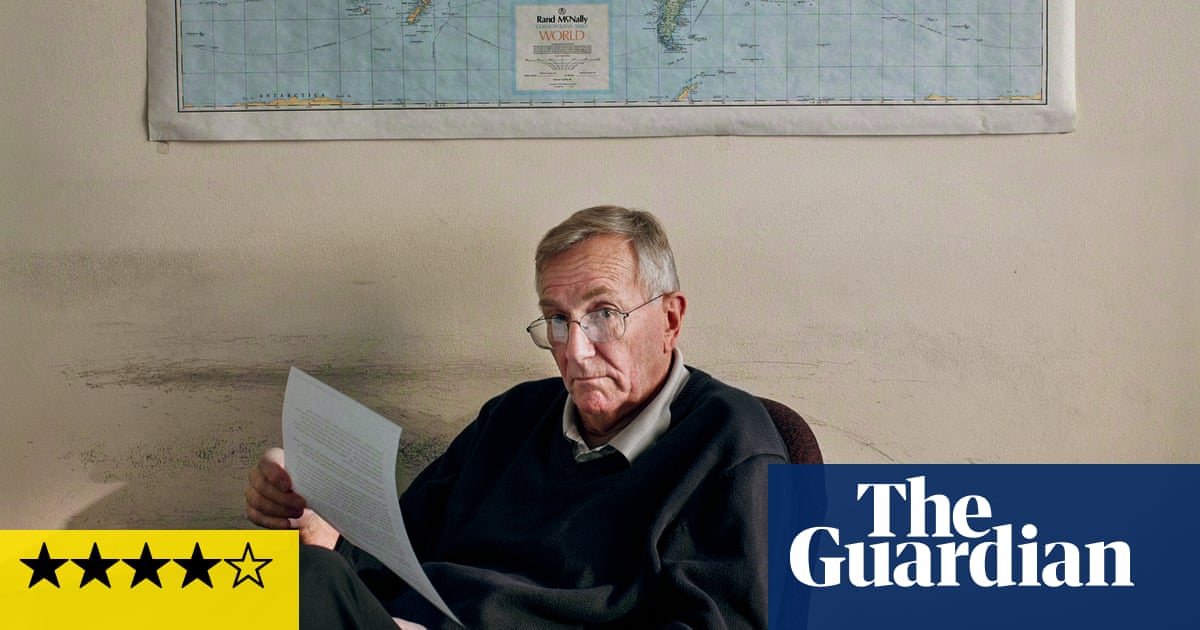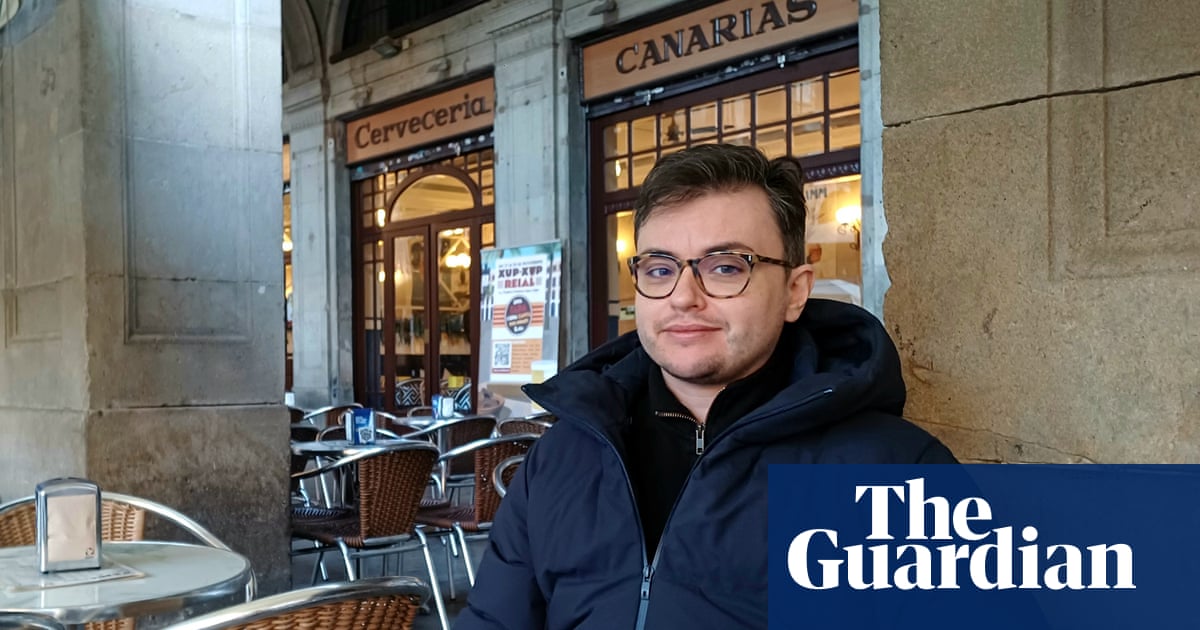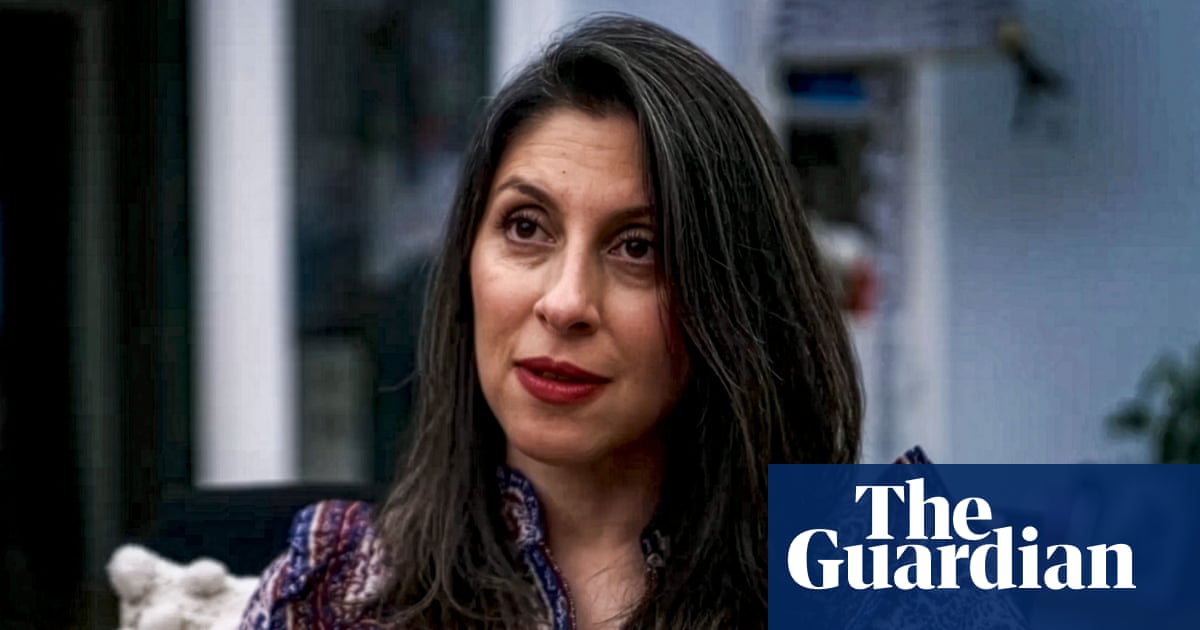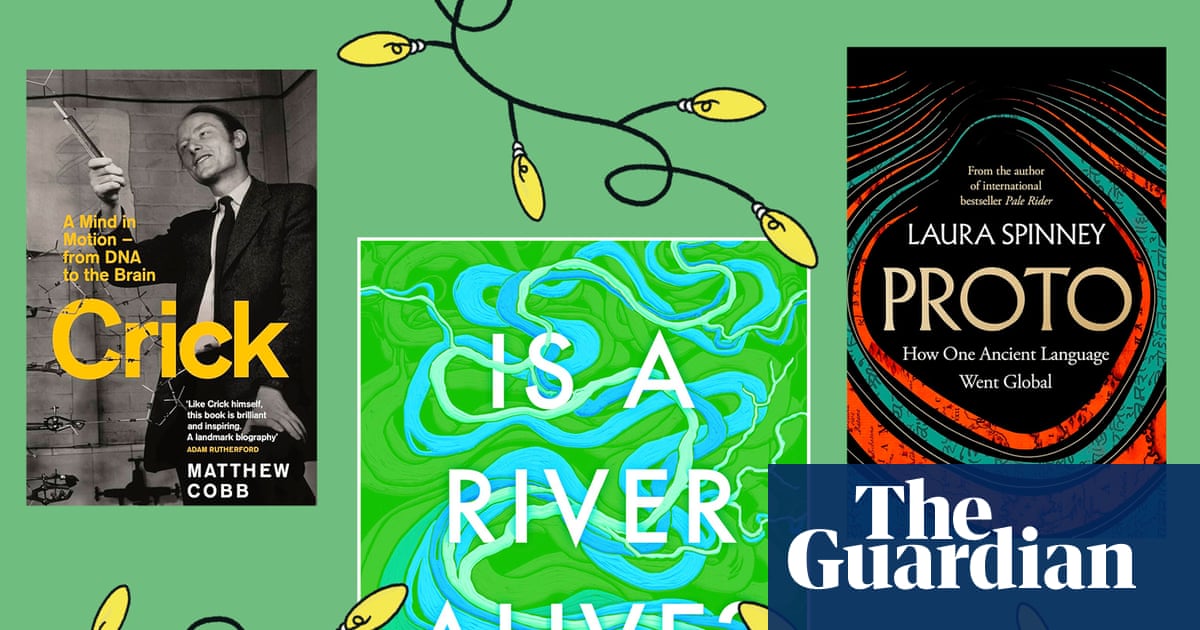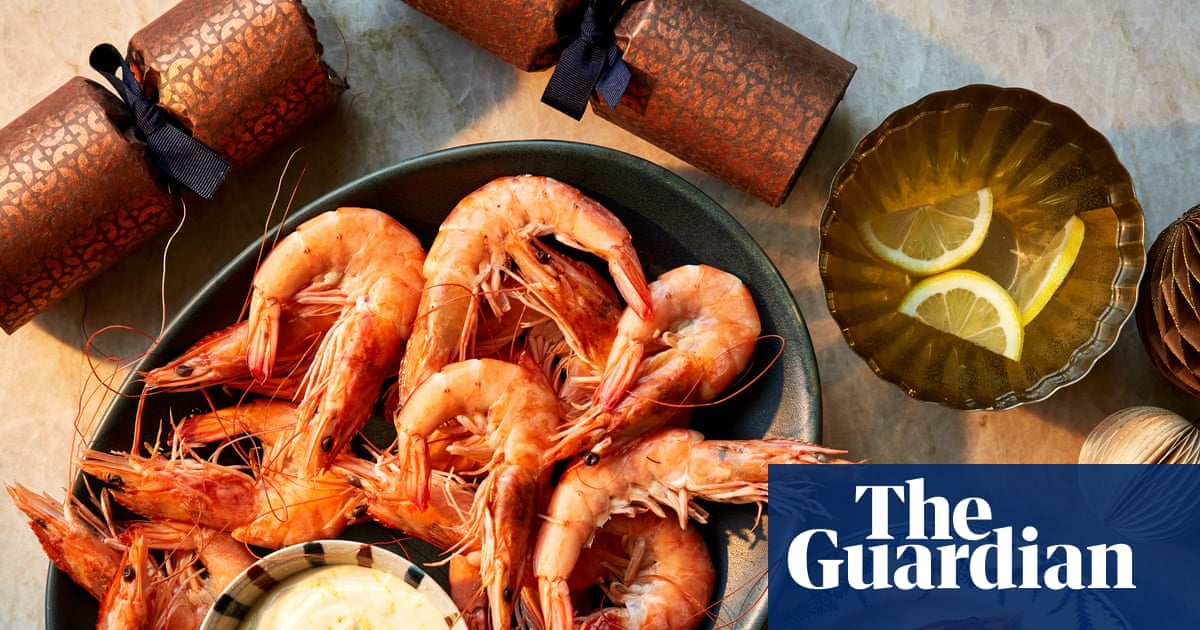Hwaet! When I was a Yale undergraduate, I hated being asked what my major was. “Medieval studies? What will you do with that?”, was the inevitable question from non-students. When I went on to Oxford and studied Old and Middle English, the questioning continued. I usually answered, “I am opening a medieval shop,” to shut down further discussion.
Anyone who studies the humanities, or “soft” degrees, will have faced the same judgmental, bewildered queries. The implication is that these subjects have no value. Indeed, we’ve become so narrow and utilitarian that unless a degree leads specifically to a specialised career, it’s considered by many to be a waste of time, money and resources. Kemi Badenoch has pledged to end “rip-off” degrees such as English, anthropology and psychology because, in her view, they provide weak job prospects. (Let’s ignore for the moment the £125bn that the creative industries are worth annually to the UK, or the 2.4 million people employed.)
Years ago, my son’s secondary school counsellor told me that the biggest issue he faced was parents trying to force students to study Stem subjects and not humanities at A-level, in the belief this would inexorably lead to a better job. And yet no one knows what knowledge will be “useful” to them in their career. My own “rip-off” degree in Old and Middle English led to my writing 100 Horrid Henry stories, millions of books sold worldwide and countless kids becoming readers. (And I wrote them while on one of those “indefinite leave to remain” visas that Reform UK has vowed to revoke.) Though I didn’t know it, I couldn’t have chosen a better subject to train me to become a children’s author.
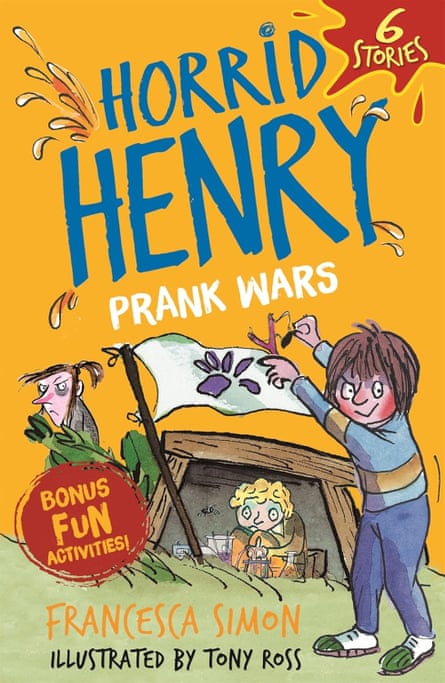
My love of alliteration comes from having read Anglo-Saxon poetry. Horrid Henry is peppered with alliterative sentences, which are not only great fun to read – and to write – but also help newly confident readers with their fluency. Creating Horrid Henry’s gang of characters with alliterative names (Moody Margaret, Anxious Andrew, Sour Susan, Lazy Linda), each with a unique characteristic, was directly inspired by the medieval concept of the four humours: sanguine, phlegmatic, choleric, melancholic. Old and Middle English also gave me a feel for the rhythms and textures of English – invaluable skills for a writer.
Was I aware of this excellent job-training at the time? Of course not. I didn’t study Old and Middle English, and medieval art, literature and history because I thought a great job awaited me at the end. I did it because I love learning, and studying the middle ages enriched my life while connecting me to the fears and longings and delights of the past.
It’s only looking back that you can trace influences on your writing. For instance, my lifelong love of fairytales, mythology, and folk music inspired both my novel The Monstrous Child, about Hel, the Norse goddess of the dead, and the opera I wrote with composer Gavin Higgins based on it, which premiered at the Royal Opera House. Our cantata, The Faerie Bride, about the Welsh legend of the lady of Llyn y Fan Fach, and my latest novel, Salka, have similar myth-based origins. Horrid Henry himself has a rather unexpected knowledge of Greek mythology – “Wasn’t there some old Greek … ”
I’m obviously not suggesting that studying Old and Middle English leads directly to a successful writing career, though I do note that three greats – JRR Tolkein, CS Lewis and JK Rowling – were all medievalists. But unless you want to be a doctor, electrician, or another job for which specific knowledge is required, any “soft” arts subject such as history, English, theology, foreign languages and so on, teaches how to think critically, research effectively, and deepens your understanding of the world: vital skills in our time of disinformation, cults and AI.
Do we want to live in a world where books and culture flourish? Or in a purely functional world where the value of education is solely measured in expected earnings? Did my friend Ed blow his first in physics to teach and play banjo? Perhaps Kemi would be a better leader if she’d dropped engineering for religious studies or psychology.
after newsletter promotion
The University of Chicago’s motto is: “Let knowledge grow from more to more; and so be human life enriched.” If you’ve learned how to think, critically and creatively, then universities have done their job. Since no one truly knows what will benefit them in the future, why not study the subjects you enjoy, and discover where they take you. Far gesund!
-
Francesca Simon is a writer and librettist and the author of Salka, Lady of the Lake

.png) 1 month ago
41
1 month ago
41










